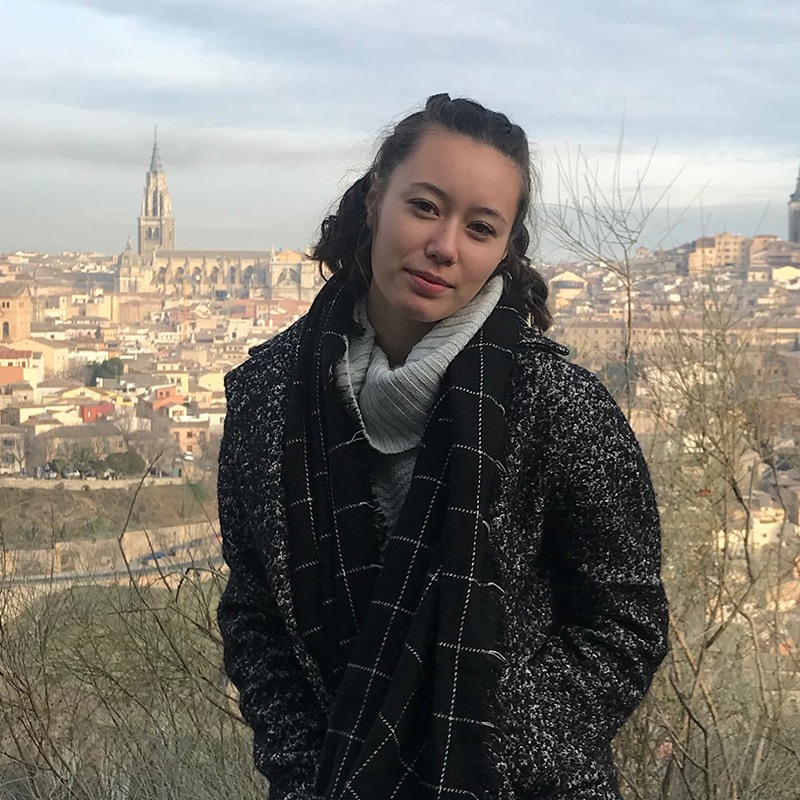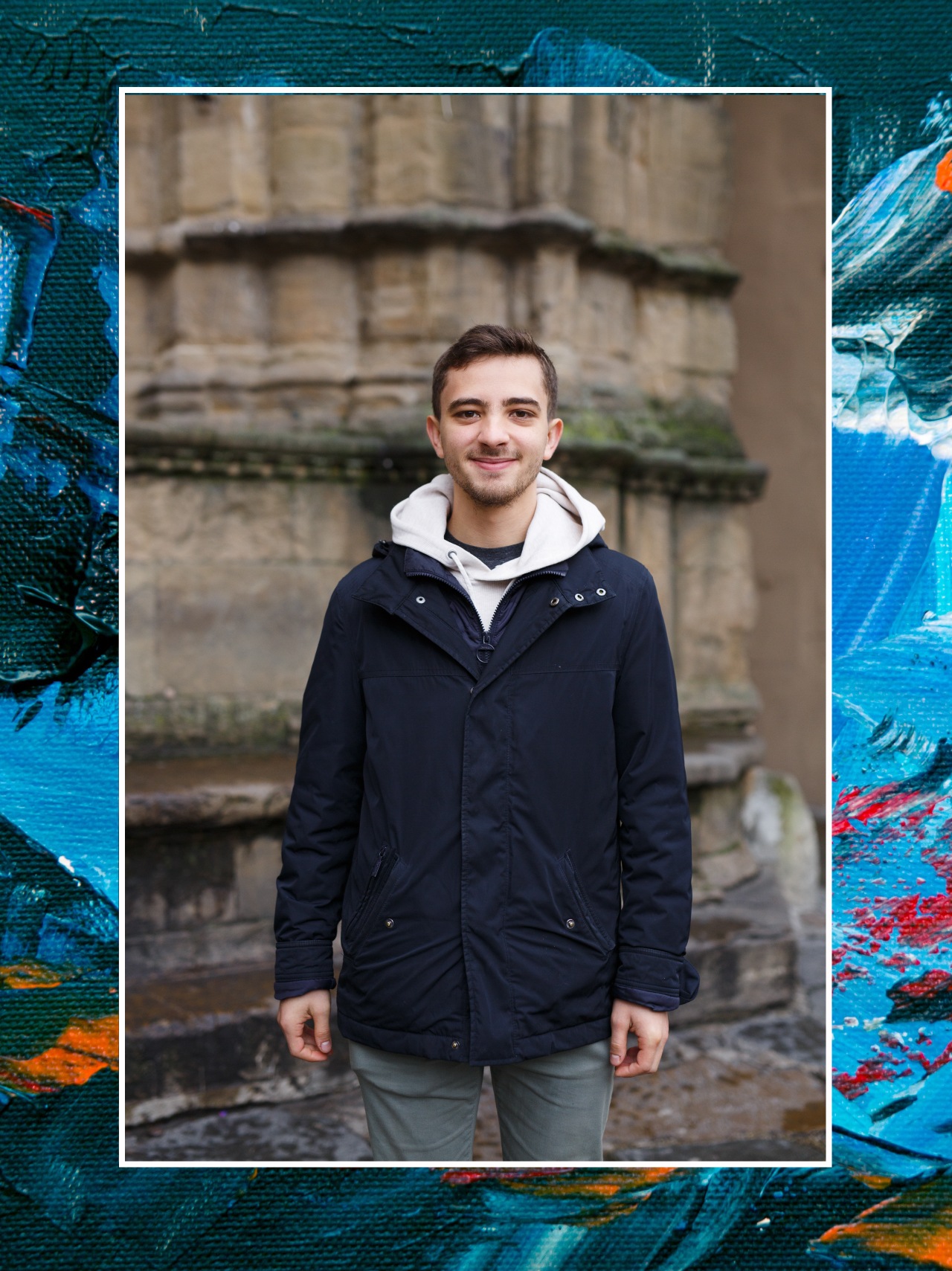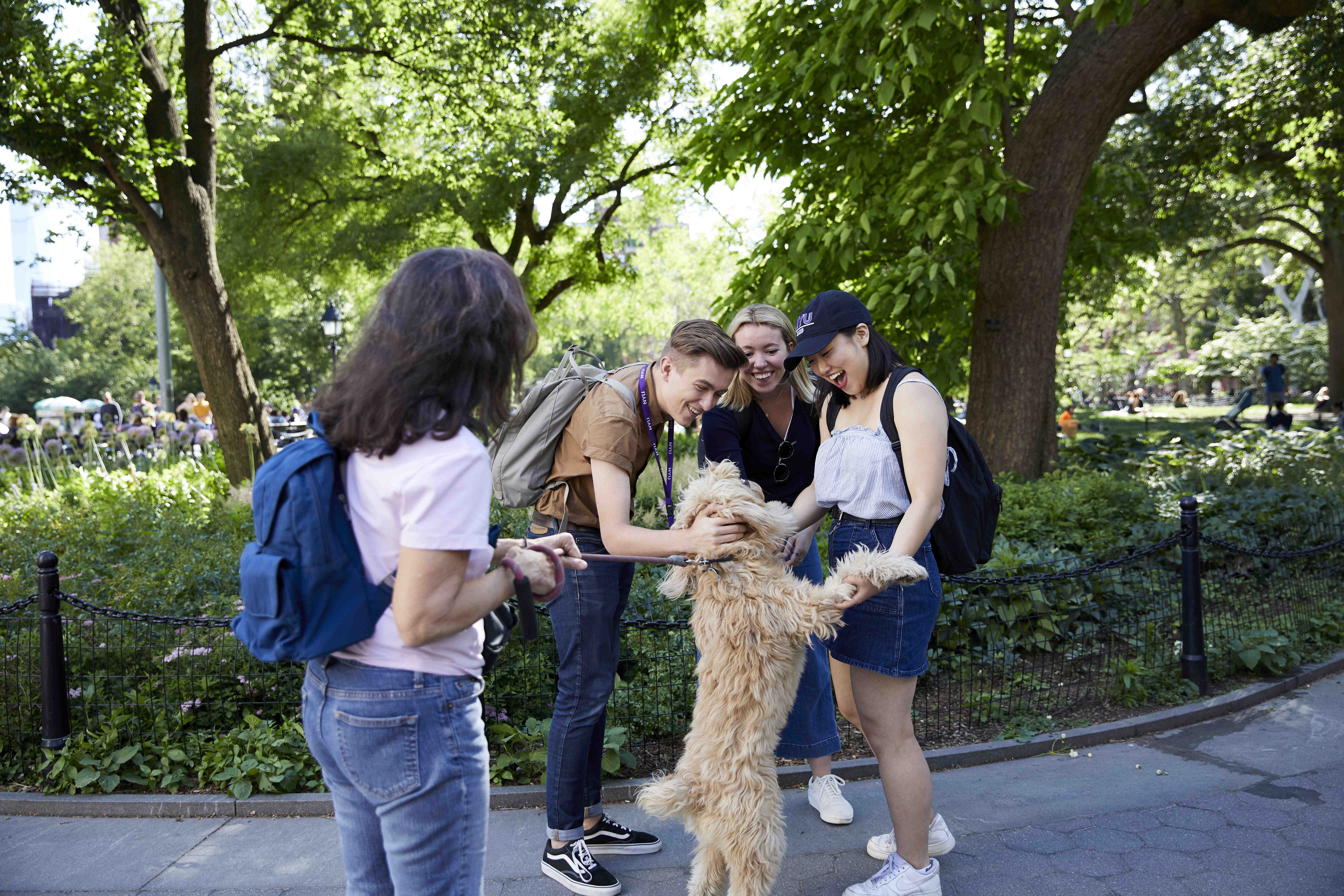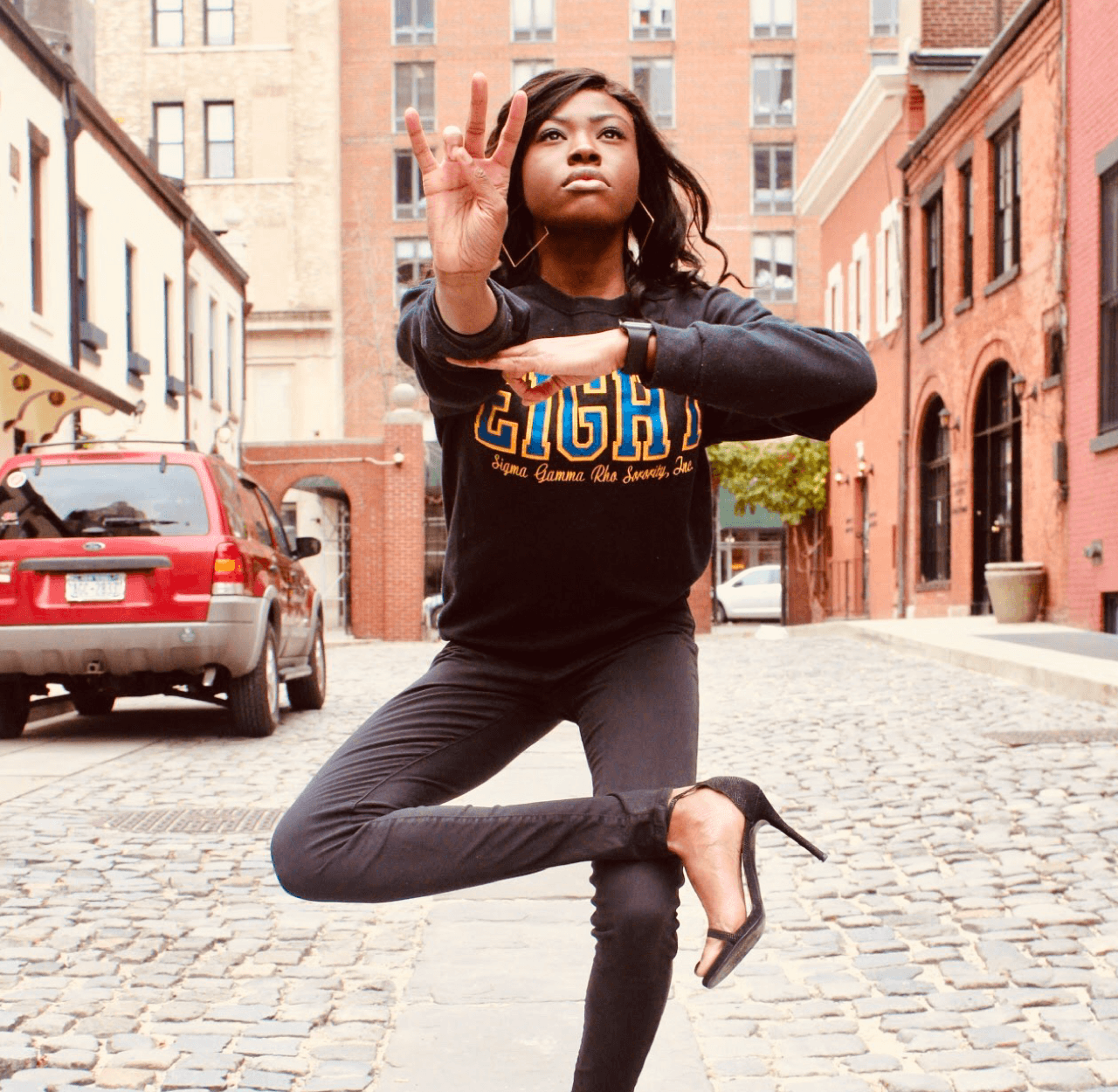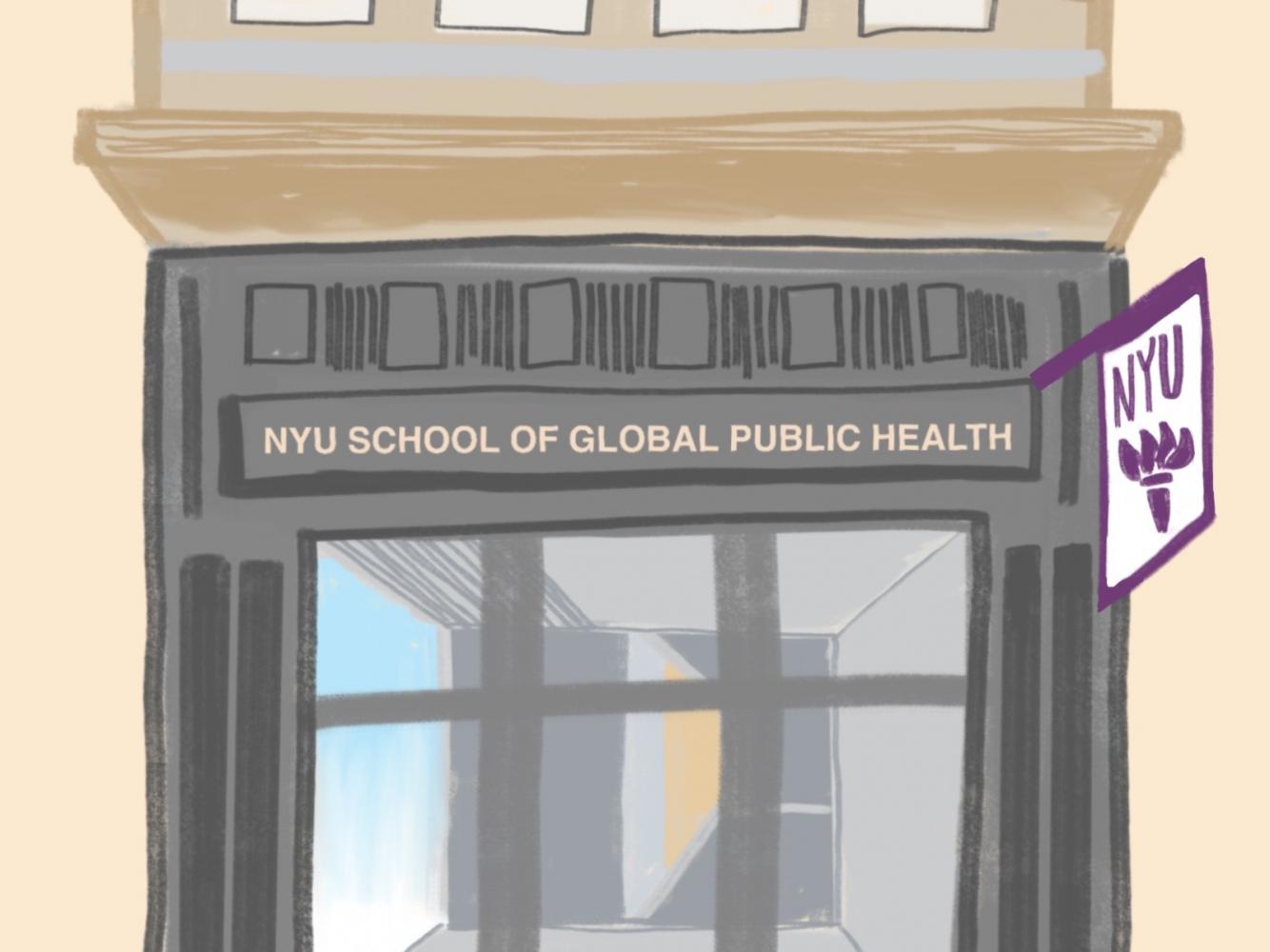
NYU’s School of Global Public Health aims to expand across several buildings by 2021. The school has drawn up initial blueprints but have not been able to make progress since the COVID-19 health crisis. (Washington Square News staff illustration by Chelsea Li)
When I was first choosing my major, I was completely flabbergasted, downright bamboozled by the Global Public Health majors. Were they in the School of Global Public Health? Or were they in the College of Arts and Science? What classes did I have to take? I soon found out that I was not the only one in this situation. So, if you’re interested in global public health, you’re not alone in being a bit confused by it. I hope this article will help answer some of your questions.
Breakdown of Academic Requirements
Basically, Global Public Health (GPH) majors are all double majors. This means you MUST choose another major out of the following: Applied Psychology; Anthropology; Biology; Communicative Sciences and Disorders; Chemistry; Food Studies; Global Liberal Studies; History; Media, Culture, and Communication; Nursing; Nutrition and Dietetics; Social Work; and Sociology.
Each major is housed in one of NYU’s undergraduate schools, either the College of Arts and Science, the Steinhardt School of Culture, Education, and Human Development, the Rory Meyers College of Nursing, or the Silver School of Social Work. Therefore, you will apply to whichever school houses the joint major. For example, as a joint major in Anthropology, I am in the College of Arts and Science. My best friend, as a joint major in Nursing, is in the Rory Meyers College of Nursing.
Furthermore, all of our liberal core requirements depend on whichever school we are in (for example, College of Arts and Science or Nursing). Then, on top of those requirements, you also take the six GPH requirements within the School of Global Public Health.
- Health and Society in a Global World: UGPH-GU 10
- Biostatistics for Public Health: UGPH-GU 20
- Epidemiology for Global Health: UGPH-GU 30
- Health Policy in a Global World:UGPH-GU 40
- Environmental Health in a Global World: UGPH-GU 50
- Undergraduate Experiential Learning in Global Public Health (team-based): UGPH-GU 60 OR Undergraduate Experiential Learning in Global Public Health (individual project): UGPH-GU 60
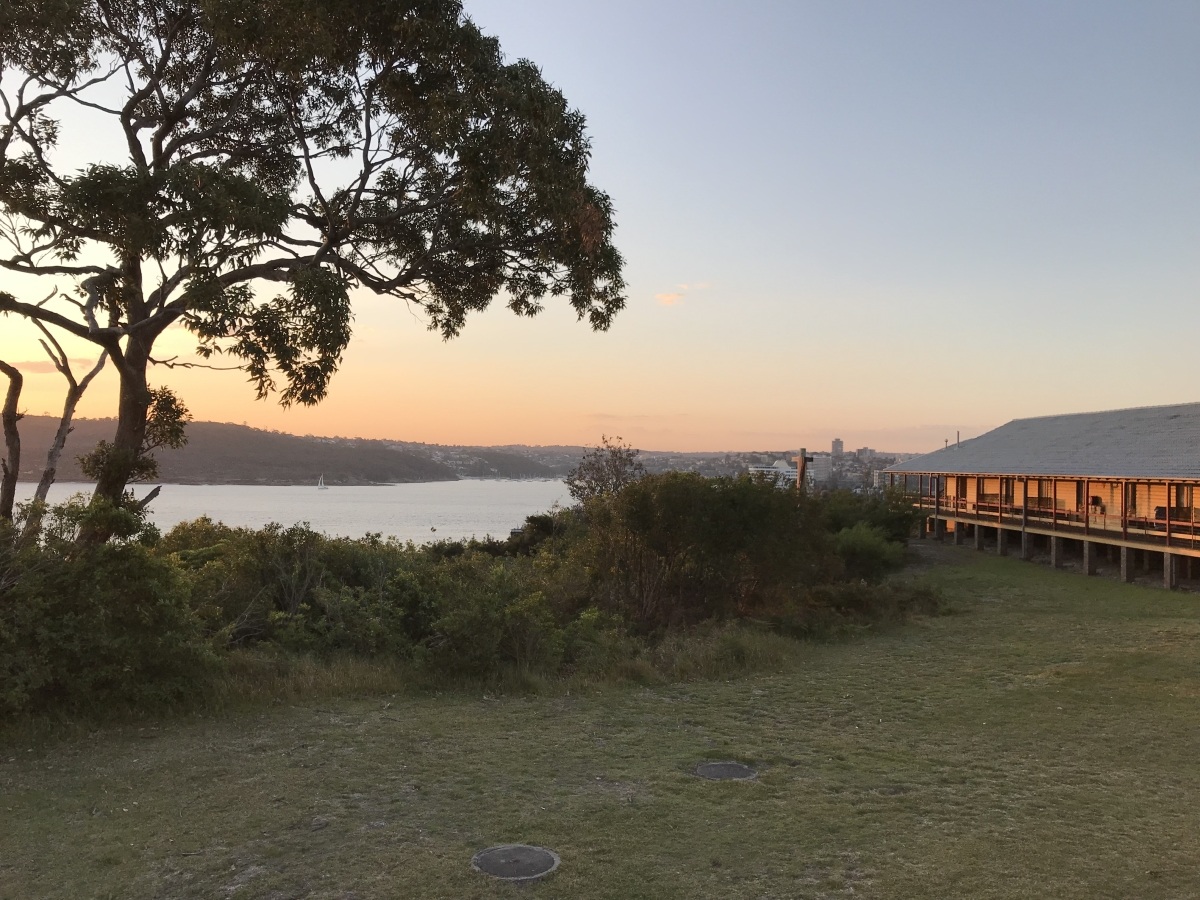
Why Be a GPH student?
Now we’ve gotten the boring and confusing part out of the way, let’s talk about why GPH is such a great program, despite its requirements being a little bit wacky. You must double-major and apply to a school other than the School of Global Public Health because it is a graduate school, like nearly every other public health school. However, being an undergraduate major in the School of Global Public Health means that you have the same access to resources as grad students do. The labs, the job resources, the clubs, and the professors of graduate students. Whatʼs more, you can take grad classes very easily and without much trouble either academically or in terms of credits.
You also have tons of opportunities to go abroad. I was able to take five of six of my requirements between NYU Accra and NYU Sydney, a path many other GPH students take.
These opportunities open up a lot of options for your future.
Potential Next Steps As a GPH Student
Because you already have exposure to graduate-level resources, applying for any masterʼs, particularly a Master of Public Health, is going to be much easier.
In addition, if you want to go directly into the workforce (like I am!), you have a bit of a leg up. Most universities and colleges still do not offer a Public Health major, so you will start public health roles with academic and research experience that your peers will not have. You can certainly use that to your advantage!
At the end of the day, Global Public Health is a highly dynamic, flexible major. And it is of particular interest after the COVID-19 pandemic. I loved being a GPH major, and I hope that you will too.
